Description
0.35mm Copperwire
The Crazy Wire Company are best know as suppliers of top-quality bare annealed copperwire in many thicknesses. We have enormous stock levels at all times, as we use this wire to weave our woven mesh products.
A 0.35mm copperwire is a thin electrical wire made of copper. The diameter of the wire is 0.35 millimetres, which is relatively small compared to other wire gauges. The electrical resistance of the wire will depend on its length and the specific conductivity of the copper used, but it is generally low due to the high conductivity of copper.
This size of copper wire is often used in small, low-power electrical applications, such as making simple circuits or connecting internal components in electronic devices. It is also commonly used in jewellery making, where it can be used to create delicate wire structures or used as a component in beadwork or wire wrapping.
Key product details:
- 99.9% Copper with the 0.01% being made up of trace elements.
- Assay – =99.9%
- Form – wire
- Resistivity – 1.673 µO-cm, 20°C
- Diam. – Various
- bp – 2567 °C(lit.)
- mp – 1083.4 °C(lit.)
- Density – 8.94 g/mL at 25 °C(lit.)
Other Available Copper Options
- 0.15mm – 35 AWG
- 0.18mm – 35 AWG
- 0.2mm – 32 AWG
- 0.25mm – 30 AWG
- 0.3mm – 29 AWG
- 0.35mm – 27 AWG
- 0.4mm – 26 AWG
- 0.5mm – 24 AWG
- 0.6mm – 22 AWG
- 0.7mm – 21 AWG
- 0.8mm – 20 AWG
- 0.9mm – 19 AWG
- 1mm – 18 AWG
- 20mm x 25mm Copper Adhesive Strip
- 30mm x 25mm Copper Adhesive Strip
Why Use The Crazy Wire Company
- Quality of products: The Crazy Wire Company always offer high-quality products that meet industry standards and customer expectations.
- Selection: We offer a wide variety of wire products and sizes to meet the diverse needs of our customers. We have more than 600 products available through our site and counting.
- Price: We always offer the best value possible. Our wires are available as part of our major weaving processes, so it is bought at the best possible rate.
- Availability: Our products are kept in house and are ready to ship immediately.
- Customer service: Our experienced staff help our customers feel confident in their purchases and provide assistance when required.
What Else Is Available?
We do not only offer copper round wire. We also have a huge range of KA1 and stainless steel round wire in stock at all times.
Ribbon wire and flat wire are stocked for immediate dispatch too.
FAQs About Copper Wire
Does Copper Wire Conduct Electricity?
Yes, copper wire conducts electricity. Copper is an excellent conductor of electricity, which makes it a popular choice for electrical wiring and other electrical applications. Copper’s high conductivity is due to its ability to easily transfer electrons between atoms, which allows electricity to flow through the wire.
Copper wire is used in a wide range of electrical applications, from power distribution in homes and buildings to the wiring in electronic devices. It is also used in the manufacture of electrical components, such as transformers, motors, and generators.
The electrical resistance of copper wire depends on several factors, including its length, diameter, and temperature. However, copper wire has a relatively low resistance compared to other conductors, which makes it an efficient choice for electrical applications where low resistance is important.
How Long Does A Copper Wire Last?
The lifespan of a copper wire depends on several factors, including the quality of the wire, the conditions it is exposed to, and the type of application it is used for. Here are some of the factors that can affect the lifespan of a copper wire:
Quality of the wire: The quality of the wire will impact its longevity. High-quality copper wire, that has been properly manufactured and meets industry standards, will typically last longer than low-quality wire.
Exposure to the elements: Copper wire that is exposed to harsh conditions, such as high temperatures, moisture, and corrosive substances, can degrade over time and may need to be replaced sooner than wire that is protected from the elements.
Type of application: The type of application the wire is used for will also impact its lifespan. For example, copper wire used in electrical applications may have a shorter lifespan if it is subjected to high temperatures or high levels of current. On the other hand, copper wire used in jewelry or decorative applications may last much longer because it is not subjected to the same level of stress as electrical wire.
In general, high-quality copper wire that is protected from harsh conditions and used in appropriate applications can last for many years. However, the exact lifespan of a copper wire will depend on the specific conditions it is exposed to and the application it is used for. To ensure the longest possible lifespan, it’s important to use high-quality wire and protect it from harsh conditions whenever possible.
How Much Current Can A Wire Resist Before Melting?
The amount of current a wire can resist before melting depends on several factors, including the wire’s diameter, length, and material. Here are some of the factors that can affect a wire’s resistance to melting:
- Diameter: The diameter of a wire affects its resistance to melting. Thicker wires can carry more current than thinner wires before they reach their melting point.
- Length: The length of a wire can also affect its resistance to melting. Shorter wires can carry more current than longer wires because they have less resistance.
- Material: The type of material the wire is made of will also affect its resistance to melting. Different materials have different melting points and conductivity levels, which will impact how much current they can carry before melting. For example, copper has a relatively low melting point and high conductivity, which makes it a good choice for high-current applications.
Does Ohms Law Hold For A Copper Wire?
Yes, Ohm’s law holds for a copper wire. Ohm’s law is a basic principle of electricity that states that the current flowing through a conductor between two points is directly proportional to the voltage across the two points, and inversely proportional to the resistance of the conductor. This relationship is expressed mathematically as I = V/R, where I is the current, V is the voltage, and R is the resistance.
Ohm’s law applies to all conductors, including copper wire. This means that, for a given copper wire, the resistance of the wire will determine the amount of current that can flow through the wire for a given voltage. In other words, if the voltage across the wire is increased, the current flowing through the wire will increase, and if the resistance of the wire is increased, the current flowing through the wire will decrease.
Check out our blog ‘what you need to know about: pure copper wire’ for more information on copper wire in general. Our goal for our blogs and help guides is to answer as many questions as possible to help to explain the possibilities of mesh to our customers.
We also offer similar products through our highly popular eBay store, check us out there too.
Contact our team today if you have any questions at all. We are always really keen to help in any way that we can.

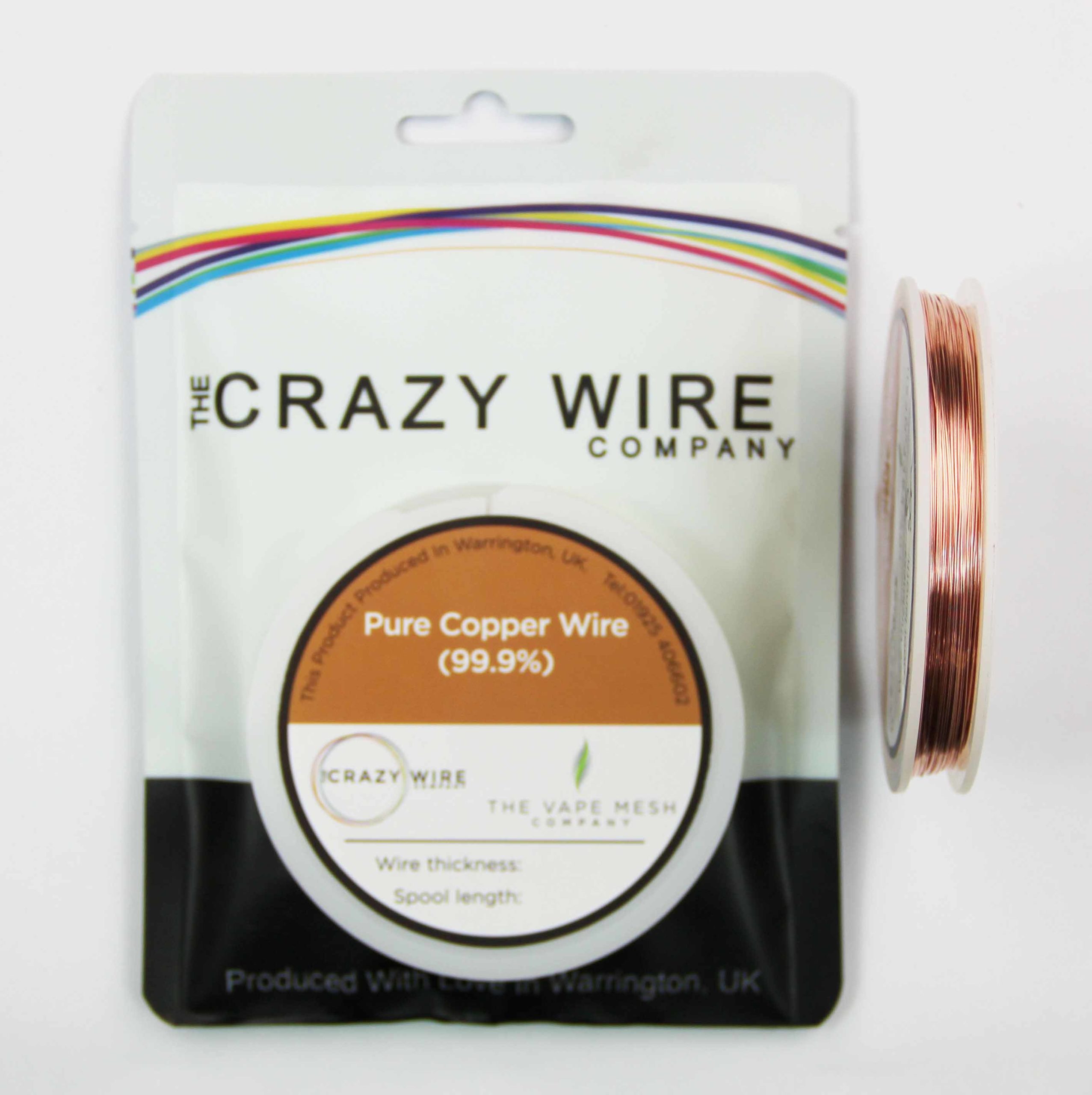
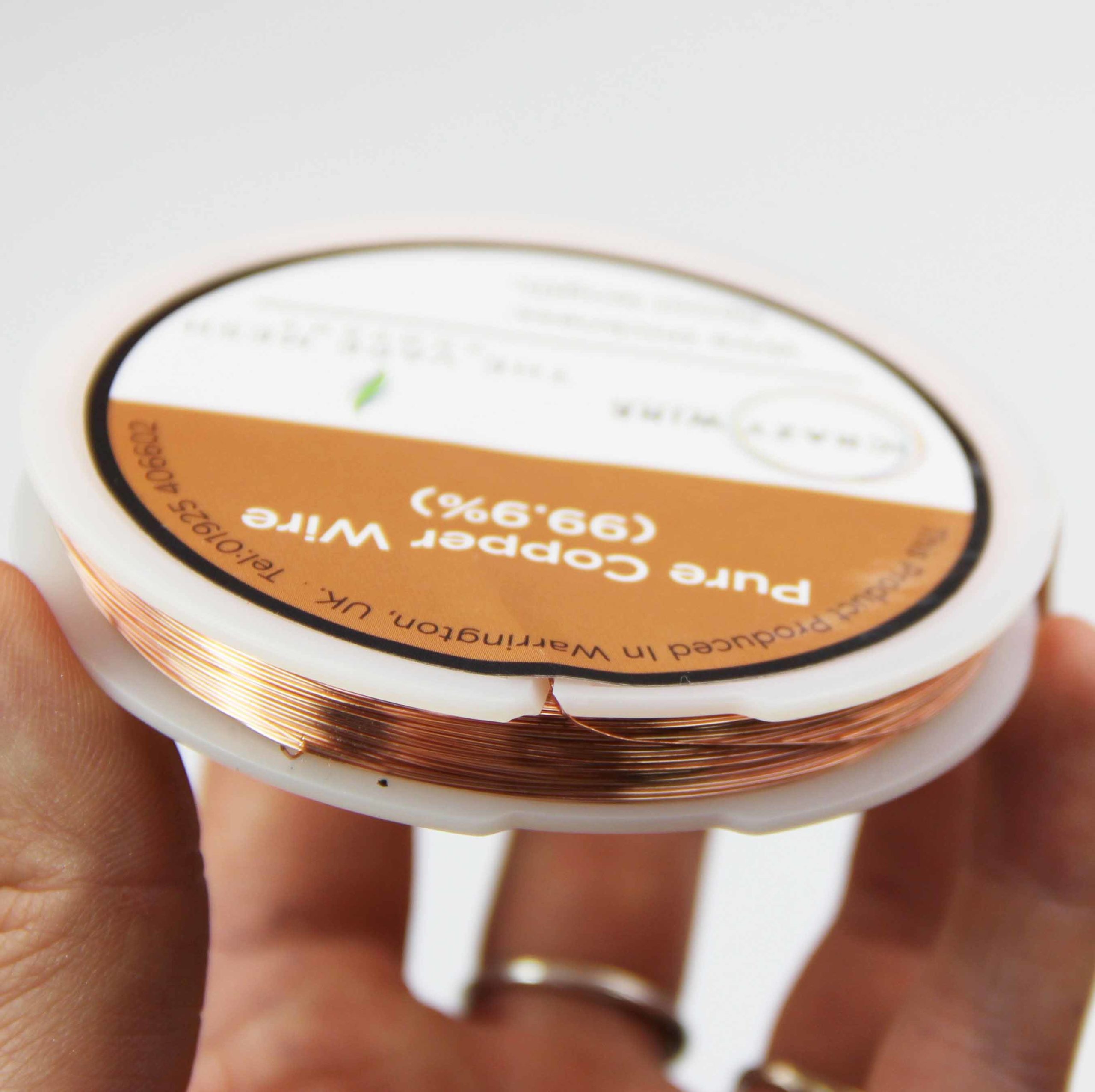
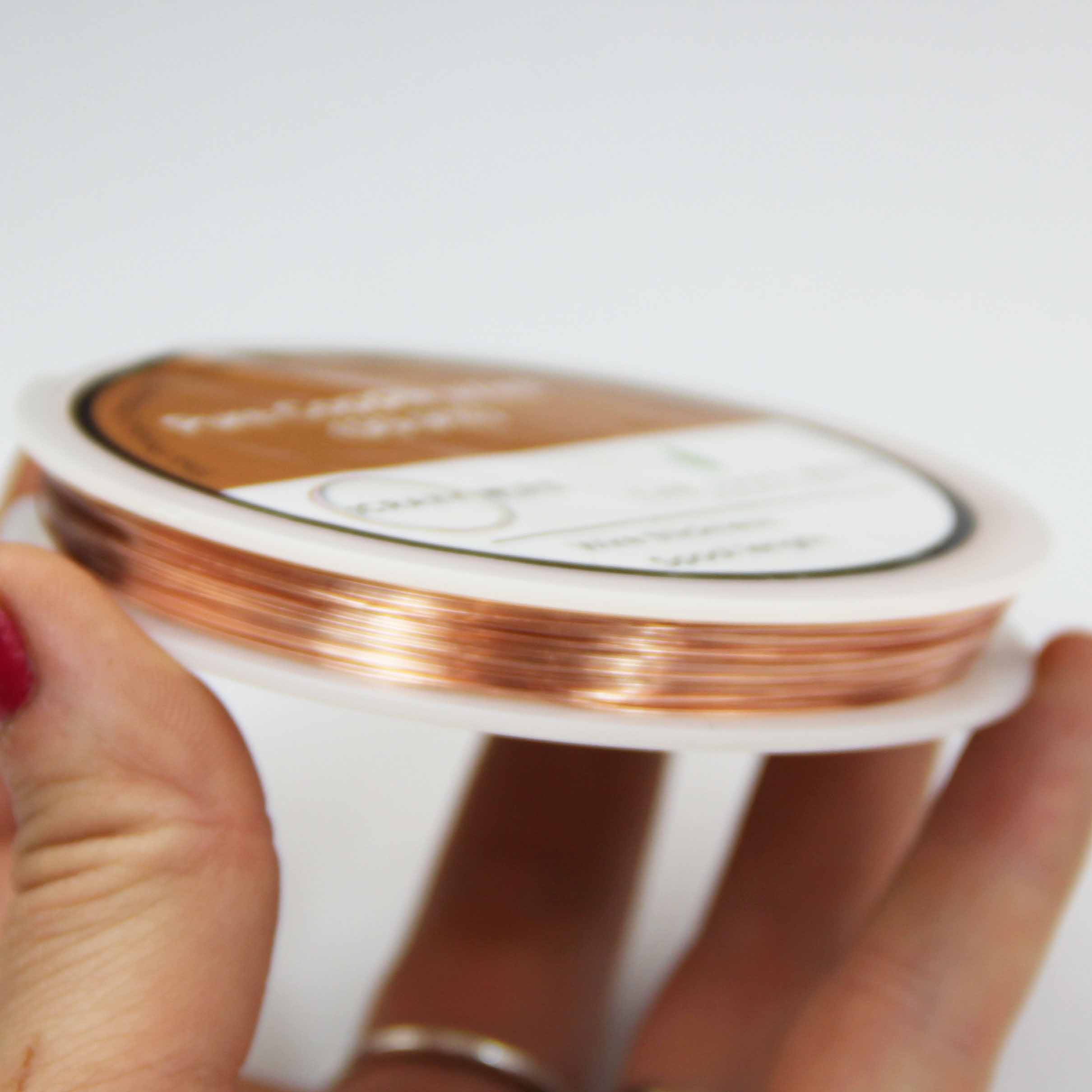
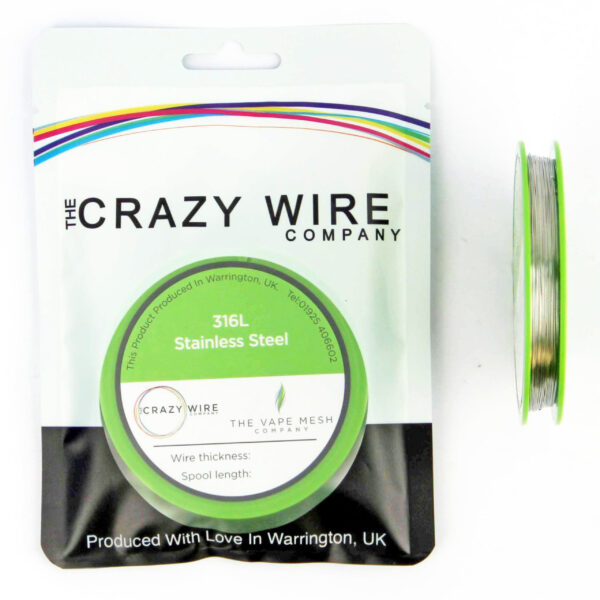
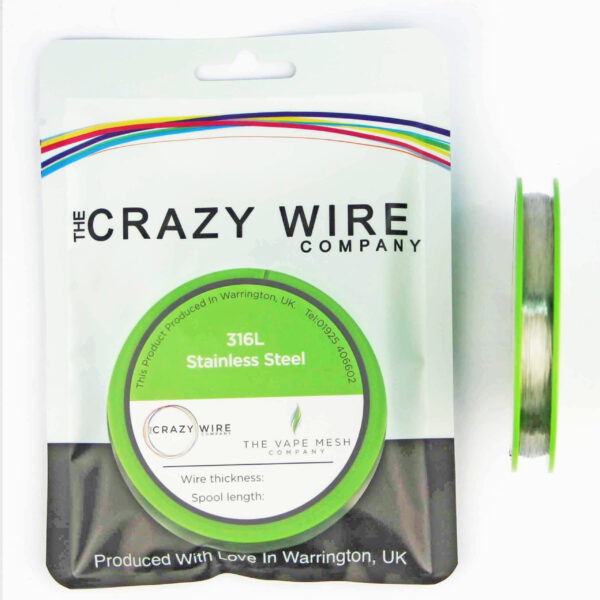
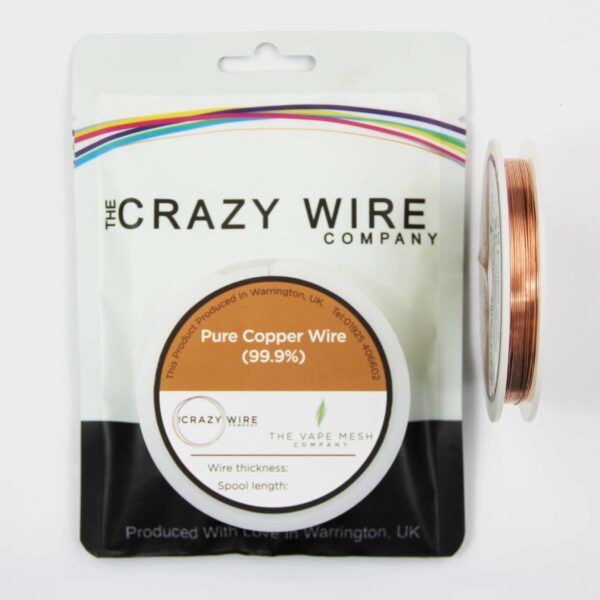
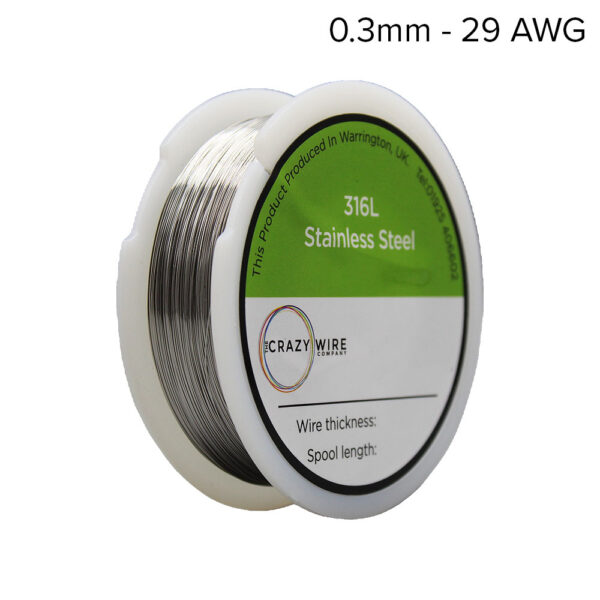





Reviews
There are no reviews yet.